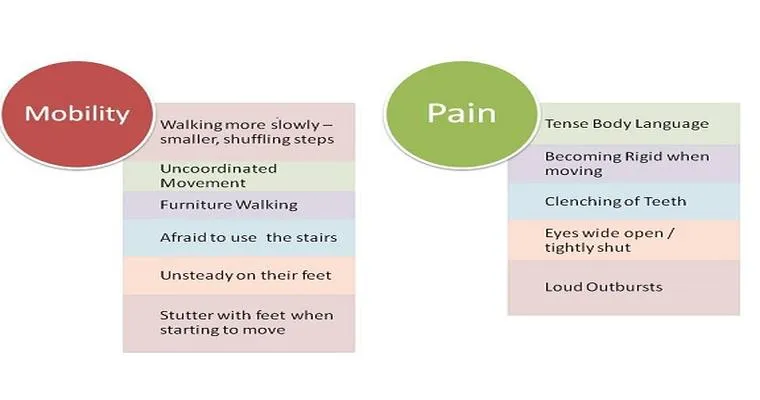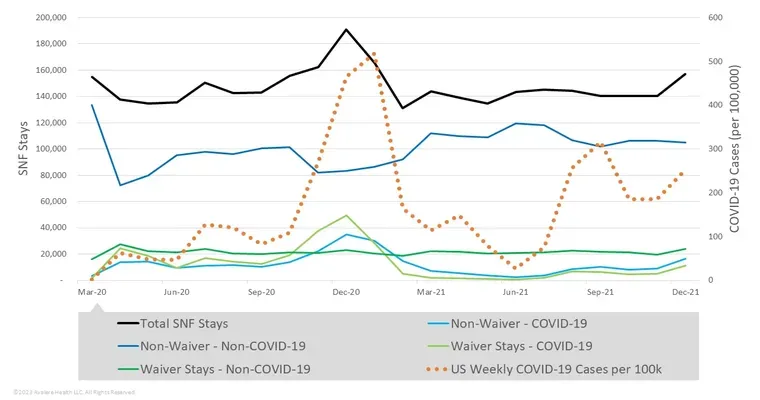Caring for a spouse with "Parkinson’s disease" and "dementia" can be incredibly challenging, especially when they start to exhibit new behaviors such as wandering. After eight years of managing these conditions, it can be distressing to see your loved one begin to "wander" in your home. Understanding the reasons behind this behavior and exploring effective strategies to manage it can help enhance the safety and well-being of both you and your spouse.
Understanding Wandering Behavior
Wandering is a common behavior in individuals with "dementia" and can be triggered by various factors. People may wander due to confusion, restlessness, or an unmet need. In the case of Parkinson’s, the physical symptoms, such as rigidity and tremors, can also lead to increased anxiety, making them feel the need to move around more frequently. Recognizing these triggers is essential in managing their wandering.
Creating a Safe Environment
One of the first steps in preventing wandering is to make your home as safe as possible. Here are some suggestions:
1. "Remove Obstacles": Make sure the paths they frequently walk are clear of any obstacles or hazards that could cause falls.
2. "Secure Entrances": Consider installing locks or safety devices on doors to prevent them from wandering outside without your knowledge.
3. "Use Visual Cues": Place signs or pictures that can help guide them back to familiar areas of the house. Familiarity can reduce confusion and anxiety.
4. "Establish Routines": Daily routines can provide a sense of structure and predictability, helping to minimize feelings of confusion and the urge to wander.
Engaging Activities
Providing engaging activities can help reduce the desire to wander. Activities that stimulate the mind and body can be beneficial. Here are some ideas:
1. "Physical Exercise": Gentle exercises such as walking or stretching can help release pent-up energy and reduce anxiety.
2. "Puzzles and Games": Simple jigsaw puzzles, card games, or even coloring can provide mental stimulation and keep them occupied.
3. "Music Therapy": Playing music that they enjoy can create a calming environment and reduce feelings of restlessness.
Monitoring and Support
If wandering persists, consider using technology to monitor their movements. GPS tracking devices or wearable alarms can provide peace of mind, allowing you to track their location if they wander outside. Additionally, joining support groups can connect you with others facing similar challenges, offering emotional support and practical advice.
Professional Help
If the wandering behavior becomes unmanageable, it may be beneficial to consult with healthcare professionals. They can provide tailored strategies and, if necessary, evaluate the current treatment regimen for any possible adjustments that could help alleviate the symptoms of "Parkinson’s disease" and "dementia".
Conclusion
While managing a spouse with Parkinson’s disease and dementia who has started to wander can be overwhelming, there are effective strategies to mitigate this behavior. By creating a safe environment, engaging them in stimulating activities, and seeking professional guidance, you can help ensure a better quality of life for both of you. Remember, it’s crucial to remain patient and compassionate throughout this journey, as understanding and support can make a significant difference.





